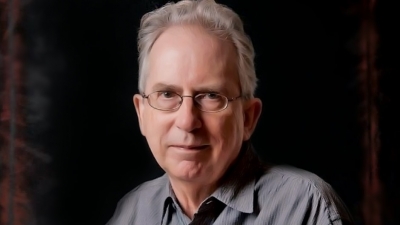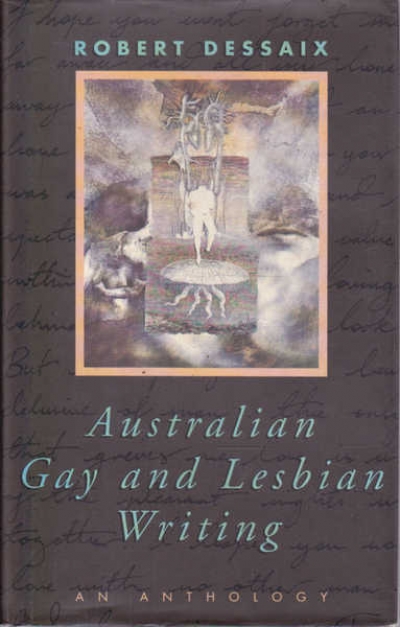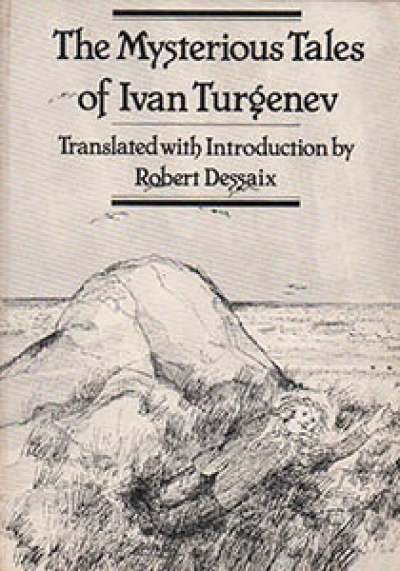Robert Dessaix
Donald Horne: critics and negotiators
The general idea of ‘public intellectual life’ is more useful than the particular idea of’ the public intellectual’. ‘Public intellectual life’ is a public manifestation of what I called in The Public Culture ‘the critics’ culture’ of a liberal-democratic state. (It is made possible by the belief in a questioning approach to existence as a central force in society.) However only parts of this critical activity emerge into the public culture; it is these parts that might be thought of as its ‘public intellectual life’. They provide a kind of public acclimatisation society for new ideas. All kinds of people may play a part in working up these ideas down there in the subterranean passages of the critics’ culture and others may take over the business of negotiating them into the public sphere. Many of these ‘negotiators’ are paid public performers in the news and entertainment industries. However some of the ‘critics’ also have a capacity to barge in directly – but only if they have a desire to appeal to people’s imaginations, and the talent to do so. These are the ‘public intellectuals’. Some of them may be one-offs. Some become regulars. They become influential if they articulate ideas that are already in the minds of some of ‘the public’ anyway, if in a more diffuse state. They get nowhere if they don’t. Two of my books, The Lucky Country and Death of the Lucky Country, were prime examples of appealing to interests of which readers were already becoming aware.
... (read more)The first draft didn’t have Tristan, this deformed little character. Then I was reading to the kids, Beauty and the Beast. It was very beautifully written, terribly moving – and they were moved. I read it to them many times, thinking it would be interesting to look at that. Then, round about this time, I was walking along the street and glimpsed a terribly deformed young man in a wheelchair. I couldn’t bear to look at him yet I carried with me afterwards a vision, this bright, bright intelligence and this weird twisted-up face. It was quite moving and, having flinched from it, as from a fire or being cut, I began to make myself think about what was in there. That really goes back again to the very beginning of my work, the short stories. In the very beginning I was affected by Faulkner and As I Lay Dying because Faulkner was giving rich, interior worlds to people who you might otherwise pass by. That’s been a continual thing in my work, perhaps.
... (read more)Australian Gay and Lesbian Writing: An Anthology edited by Robert Dessaix
Dear Editor,
Caroline Lurie (ABR No. 131) cited four common criticisms of deconstruction. I think a more important reason is the danger deconstruction poses to the privileged position of the author as the source of one or multiple meanings for a text. It is significant to note that it is mostly the authors (both of narrative and critical discourses) who are so upset about deconstruction.
... (read more)For the past year I have been engaged in one of the activities that Robert Dessaix charges (ABR No. 129) are not only unnecessary but ‘harmful’ to the many writers briefly involved. I have been working as a Research Fellow at Deakin University with Sneja Gunew as the last in a line of bibliographers which has included Lolo Houbein and Alexandra Karakostas-Seda, updating and extending a bibliography of first and second generation Australian writers from non-Englishspeaking backgrounds. I have also been working on acquiring books by these writers to include in the collection of ‘Australian Literature’ at the Deakin University Library.
... (read more)Dear Editor,
The Fat Author Replies to Robert Dessaix:
The author does not embody Iiterary classification nor does she base her work on literary theory though literary criticism does inform her literary practice.
... (read more)In last month’s Telecom Australian Voices essay, Robert Dessaix discussed the ways in which multiculturalism divides up the Australian literary scene, concluding that “in a word, it’s time our multicultural professionals stopped marginalising multicultural writers”. The response of Sneja Gunew, who was quoted in that essay, is printed in its entirety here, along with other letters prompted by the essay.
... (read more)‘No,’ Ania Walwicz said at the Melbourne Festival when asked if she was an ethnic writer, ‘I’m a fat writer.’ We laughed and applauded.
The multicultural professionals, however, may not let her (or Tess Lyssiotis) off the hook so easily. I have in mind that small but eloquent band of people, usually from institutions, who actually have a vested interest in keeping constructs like Anglo-Celtic/non-Anglo-Celtic, English-speaking background/non-English-speaking background alive and functional.
... (read more)


